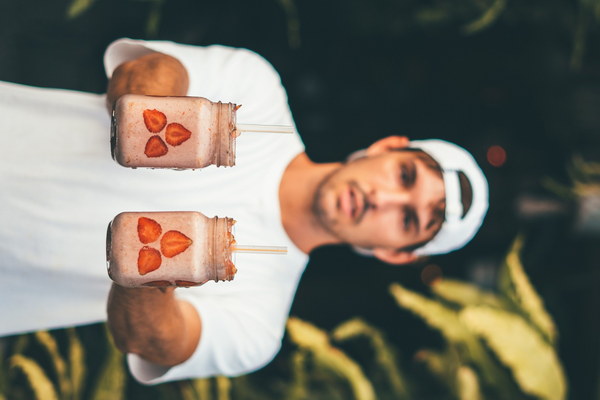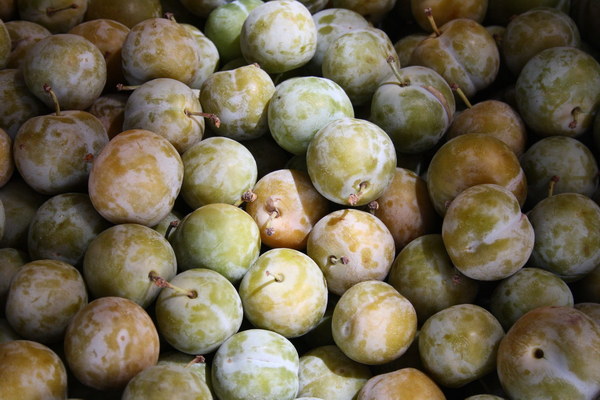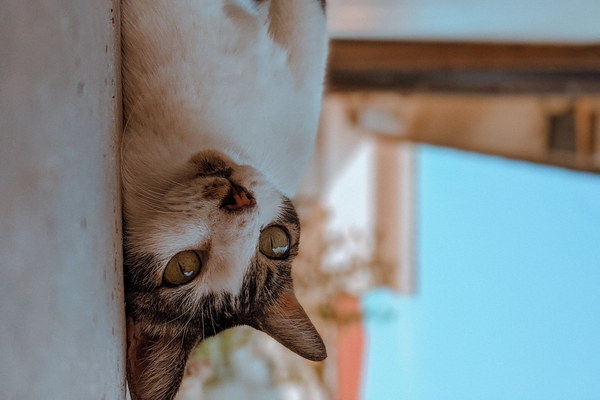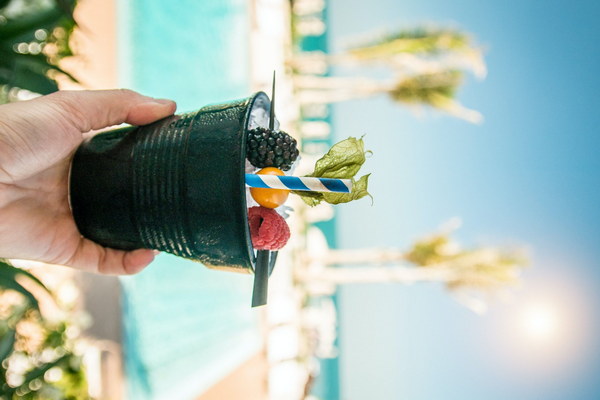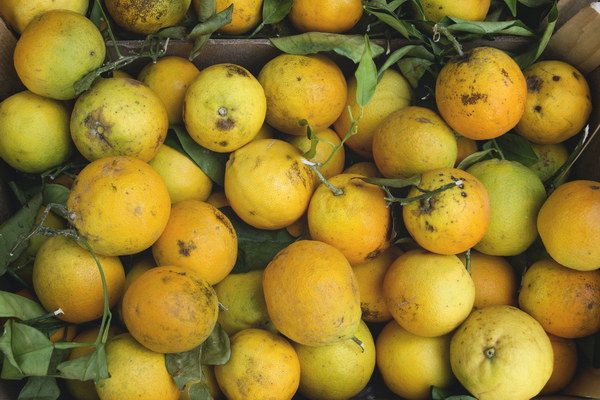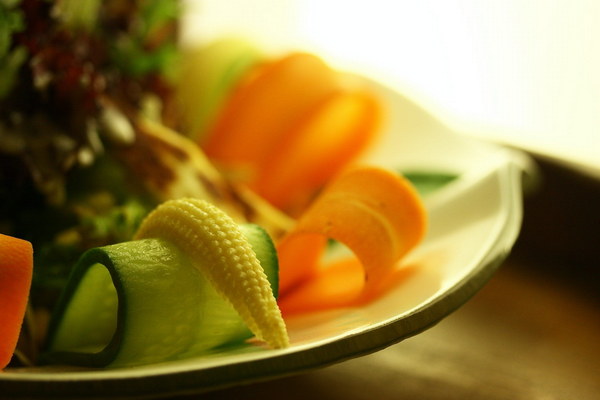Unveiling the Age-Defying Power of Huangjing and Baizhi A Groundbreaking Study on Antioxidant Efficacy
In the ever-evolving quest for the fountain of youth, scientists have been delving into the realms of traditional Chinese medicine to uncover natural remedies that could combat the signs of aging. A recent study has shed light on the potential of two ancient herbs, Huangjing (Polygonatum sibiricum) and Baizhi (Angelica sinensis), in the fight against aging. This article explores the findings of this groundbreaking research and how these herbs may contribute to the anti-aging arsenal.
Introduction:
The aging process is a complex interplay of genetic, environmental, and lifestyle factors that lead to the gradual decline in the body's physiological functions. While modern medicine has made significant strides in addressing age-related diseases, the search for natural solutions that can slow down the aging process remains a priority. Huangjing and Baizhi, both valued in traditional Chinese medicine, have been used for centuries to treat a variety of ailments. Now, modern science is uncovering their potential as antioxidants that could protect against the oxidative stress associated with aging.
The Study:
The study, conducted by a team of researchers, involved examining the antioxidant properties of Huangjing and Baizhi extracts. The researchers used a series of laboratory tests to measure the herbs' ability to scavenge free radicals, which are unstable molecules that can damage cells and contribute to aging. The results were remarkable.
Huangjing:

Huangjing, a root plant native to China, has been used in traditional medicine to improve vitality and longevity. The study found that Huangjing extract exhibited potent antioxidant activity, effectively neutralizing free radicals and protecting cells from oxidative damage. Its high content of polysaccharides and saponins likely played a significant role in this protective effect.
Baizhi:
Baizhi, another traditional Chinese herb, is known for its ability to nourish the blood and improve circulation. The research revealed that Baizhi extract also possesses strong antioxidant properties, similar to Huangjing. Its high levels of flavonoids and terpenoids were identified as the key compounds responsible for its free radical-scavenging capabilities.
Mechanisms of Action:
The study also sought to understand the underlying mechanisms through which Huangjing and Baizhi exert their anti-aging effects. The researchers discovered that both herbs could stimulate the production of antioxidants within cells, such as glutathione and superoxide dismutase. Additionally, they found that the extracts could modulate the expression of genes involved in the inflammatory response, which is often exacerbated by aging.
Clinical Implications:
While the study was conducted in a laboratory setting, the findings offer promising clinical implications. If further research confirms the effectiveness of Huangjing and Baizhi in slowing down the aging process, these herbs could potentially be developed into supplements or topical treatments for anti-aging purposes.
Conclusion:
The age-old wisdom of traditional Chinese medicine may have hit the jackpot with Huangjing and Baizhi. The recent study provides strong evidence that these herbs could serve as natural allies in the battle against aging. As the world continues to grapple with the challenges of longevity, the discovery of natural antioxidants with such potential offers hope for those seeking to maintain youthful vitality well into old age. The future of anti-aging therapy may just be rooted in the ancient knowledge of Huangjing and Baizhi.
